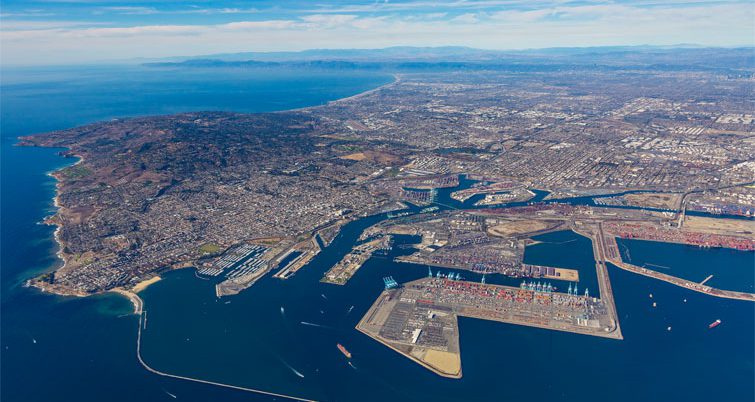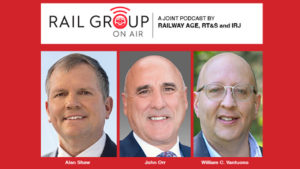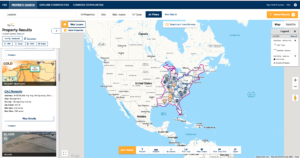Global supply chain issues creating a mess; Biden says Port of Los Angeles will now operate 24 hours/day
Written by David C. Lester, Editor-in-Chief
Shortages of goods threaten fulfillment of consumer needs and spark fears of inflation.
For decades, logistics analysts believed that operating on a “just in time” basis was the smart play for receiving goods as they were needed for manufacturing everything from automobiles to washing machines. And, it was. It worked well because the global supply chain was well-honed, and this enabled manufacturers to avoid stocking a lot of parts inventory in warehouses, and sinking dollars into inventory carrying costs.
Our supply chain faces a significant degree of uncertainty at the moment, and some predict it may be uncertain for another year or two. The key manifestations of this are shortages of goods on consumer shelves and a shortage of workers in many industries. The key reason for these is the COVID pandemic, which has resulted in short or extended factory closures, so demand for all sorts of products goes unmet. Another worry is inflation. As the old saying goes, “too many dollars chasing too few goods” can bring about inflation, something the United States has not suffered much from since the 1970s. Opinions vary on how likely significant inflation will result from the current situation, however.
The economic dislocations caused by the pandemic, and the continuing struggle to get the pandemic under control, driven in part by the continued refusal of many to get vaccinated, has simply made life more confusing and difficult. Moreover, the labor market seems to be changing. Many Americans are not returning to jobs they had before the pandemic. This could be because stimulus money and unemployment benefits provided workers with an opportunity to find jobs that pay more or offer more enjoyable work. The number of possibilities for the worker shortage is large, and I don’t believe we’ve pinpointed very many of them.
Consumer demand, perhaps brought about by changes in how many people live their lives, is very strong. Of course, this adds more stress to the supply chain which is suffering from the issues mentioned above. The demand for goods has likely increased because of unemployment benefits and stimulus, but also because many people are now working at home, and are spending to help provide the home with a complete work environment.
Today’s print edition of The New York Times reports that President Biden announced that one of the key ports in the U.S., the Port of Los Angeles, will adopt a 24-hour operation in an attempt to clear the backlog of containers waiting to be unloaded and, hopefully, reduce the number of ships anchored off the coast waiting for a berth at the port. One analyst quoted in the Times article said that while the 24-hour workday may help, “I don’t think that’s going to materially move the needle. Some of the issues are just basic supply and demand issues.” The Times also quotes a supply chain professor at North Carolina State University commenting on the impact of the hurting supply chain on holiday gift giving – “I think Johnny is going to get a back-order slip in his stocking this year.”
The current supply chain issues are likely to be here for a while, and RT&S will provide periodic coverage of them since they have such a strong impact on the rail and the rail supply industries.





